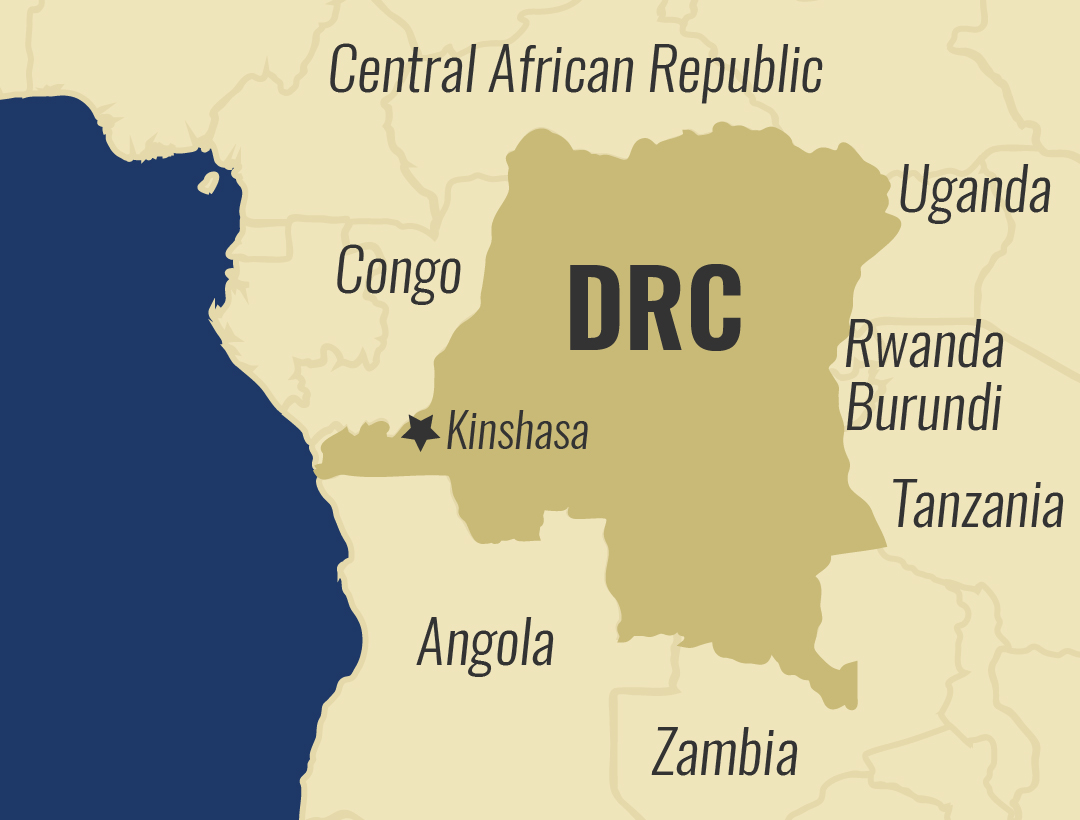Faces of Africa – Wole Soyinka: Glutton of Tranquility
Wole Soyinka was born in 1934 in Abeokuta, Western Nigeria.He’s an author, poet, and playwright.
His father, Samuel Ayodele Soyinka was a prominent minister and a school head-teacher and his mother Grace Eniola Soyinka was a shopkeeper and a local activist.
From a tender age, Wole Soyinka showed interest in reading. He was an inquisitive child and the adults around him cautioned one another by saying, “He will kill you with his questions.”

“I was a very curious child. I grew up in a community in which the sense of nationalism was quite strong. My uncles, my parents used to argue quite a lot. Discussions were going on and so I was bombarded with many aspects of life,” told Wole Soyinka – Nobel peace prize laureate literature.
In 1954 after finishing his preparatory studies at the Government College in Ibadan, he moved to England and continued his education at the University of Leeds where he studied English for four years.
While in London he wrote plays that were performed at the Royal Court Theatre in London. “I thought, I’m reading about all these people, these strange characters and so on, and I began to put my own characters in place of what I read. So it was kind of a gradual process,” recalled Soyinka.
Upon his return to Nigeria from England in 1958, Soyinka found the country at the peak of independence from the colonial masters.His outlook on the post-independence government led to the birth of his first book “A Dance of the Forests” questioning the benefits that the independence was to bring.

For him, it was early to jubilate, something that was not well-received. “I found that there was not as much to celebrate, as to deplore, as to be apprehensive about in the approaching future,” told Soyinka.
Wole became intolerant to corruption and human rights abuses and 1965 at the age of thirty-one, he got very upset when he heard that a politician who had rigged the votes was about to claim victory in a radio broadcast.
Soyinka stormed the radio armed with a pistol and substituted the politician’s tape with one denouncing him.
His words on his action on this were, “There came that moment when the robbery of the people’s voice was about to be legitimized and I happened to be one of maybe three, four, five people who knew. It was a moment when an individual had to take a decision … take stock of yourself and act.”

Soyinka traces his activist nature to his childhood in Abeokuta. In the 1940s women from Abeokuta town rose up against taxes imposed by the local chief under the British colonial rule. Thus in his much-acclaimed memoirs Ake: Years of Childhood, Soyinka describes the uprising and the role he played as a messenger for the women, which enabled him to hear the arguments of adults reflecting social and political strife.
He has always been forthright on the things that all his country and in 1967 he was arrested for writing an article appealing for a ceasefire during Nigeria’s civil war. He spent nearly two years in a tiny cell. But his spirit was never unbowed, he recounted his experiences in his poem, The man died: Prison Notes.
After his release, he went into exile and returned to his country in 1975. He continued to campaign for democracy and against corruption and human rights abuses by the government of Sani Abacha, who was then the military ruler.

In 1994, Soyinka went into exile after Sani Abacha sent a death squad after him. He returned to Nigeria when Abacha died four years later. In 1986, he was given the prestigious Noble Peace Prize in literature.
Soyinka, now 81 years old, has played an active role in Nigeria’s political history and remain as outspoken as ever about what he believes ails his country, despite being jailed for it several times in the past.
He never condoned any political and social injustices, and service to humanity gave him the strength to carry on his fight. In his memoirs, he’s quoted saying, “human life has meaning only to that degree and as long as it is lived in the service of humanity.”





